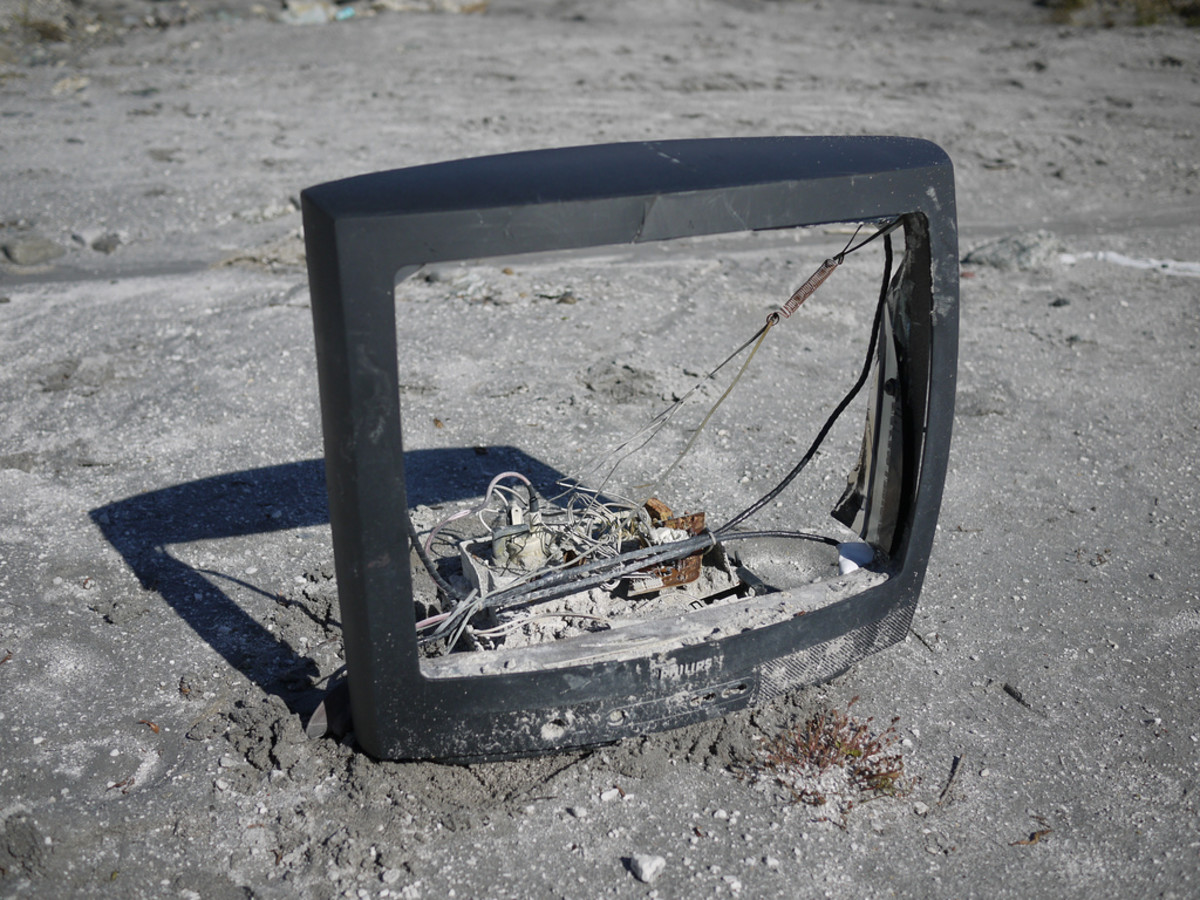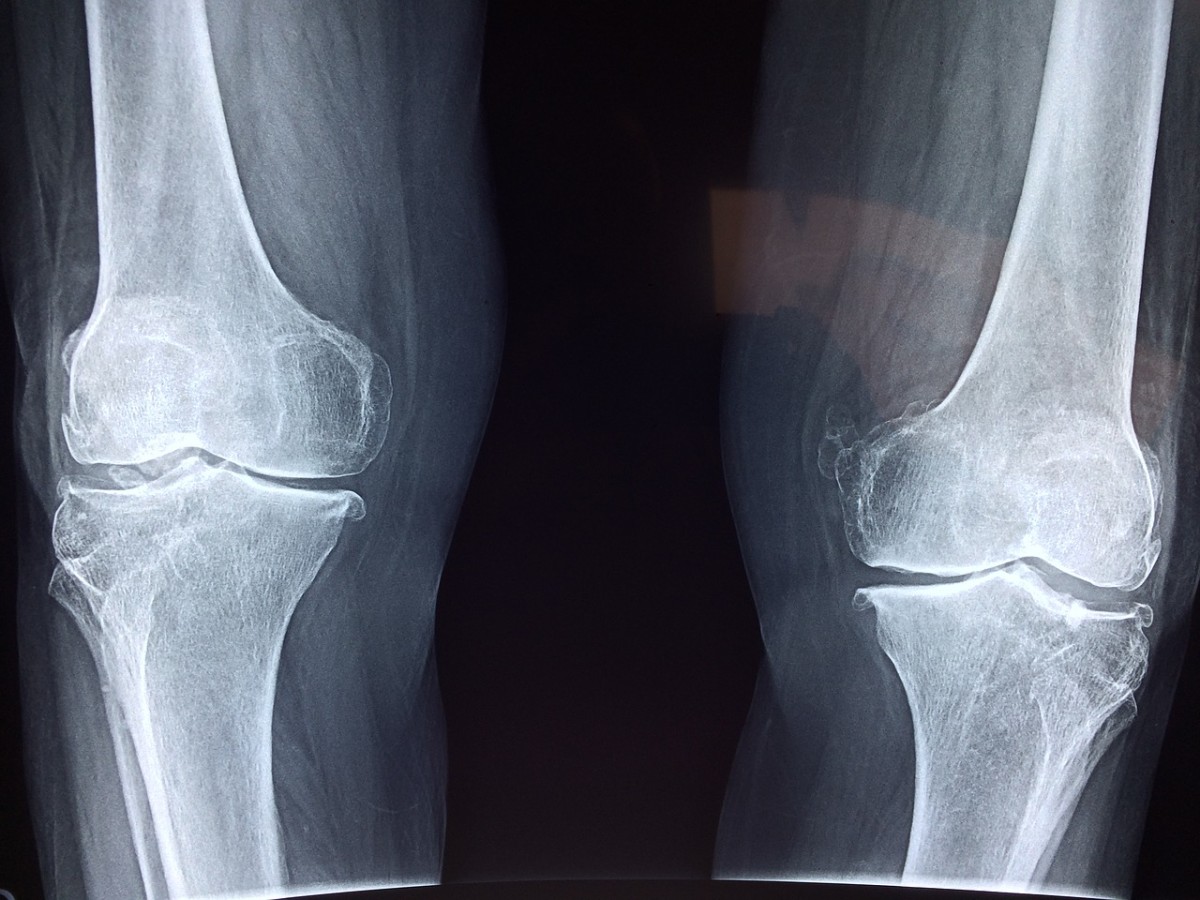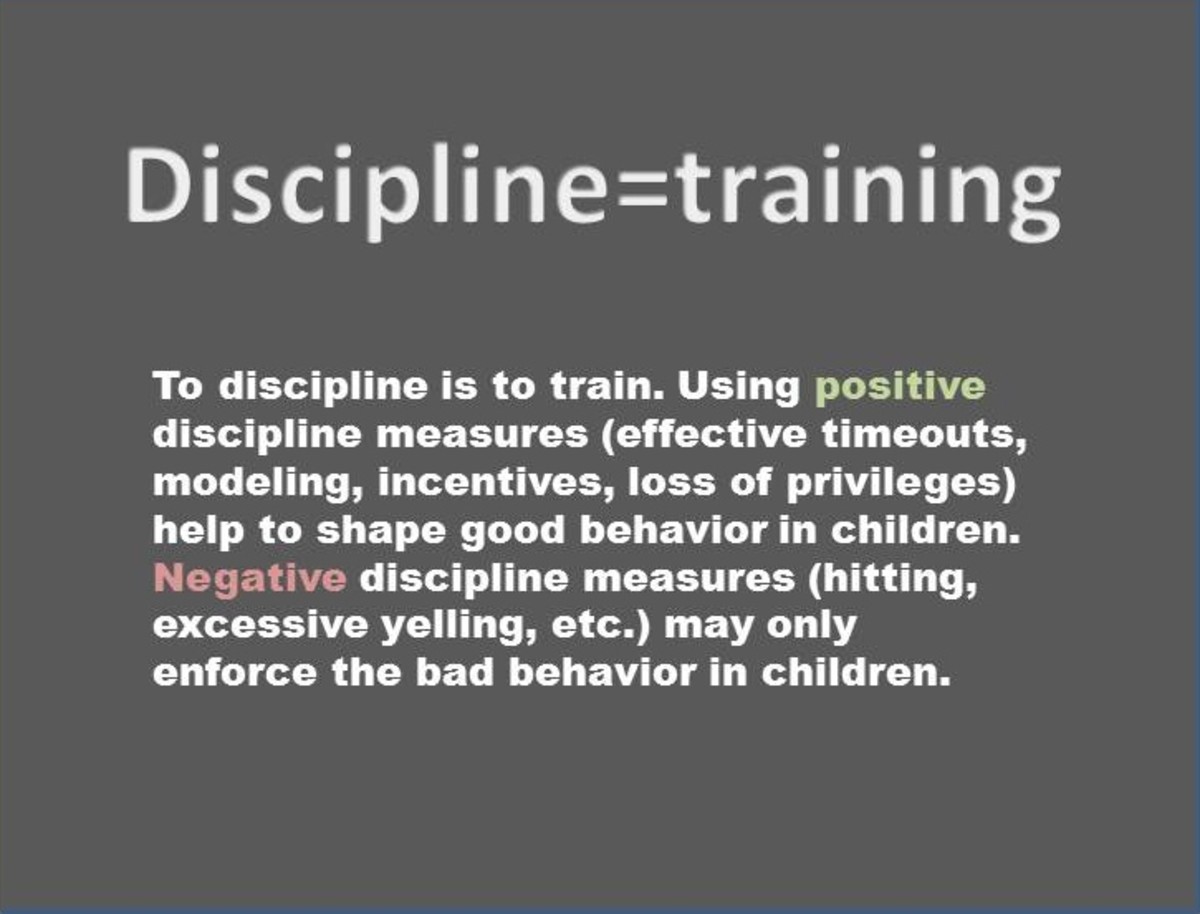Why My Kids Don’t Watch TV: We are the 1%

Television was invented less than 100 years ago, yet it has become ominpresent - in homes, restaurants, airports, and just about everywhere. Indeed, 99% of households have at least one TV. It’s no surprise then that people react with shock and disbelief when I tell them I don’t have one. Parents simply can’t fathom how we survive. How can we possibly get cooking and laundry done or simply get a much needed break? Are we Amish? Do we want our kids to be social outcasts?
What’s more interesting to me are that some parents seem personally offended that we don’t have a TV, as if we’re depriving our children, or, worse, that we are doing them harm. I’m surprised at how often I have to defend my decision to do something that is beneficial for my children.
The research is clear: TV watching, especially in excess, contributes to obesity, poorer academic performance, and increased aggression and fearfulness. So, why do so many parents ignore American Academy of Pediatrics (AAP) recommendations to limit TV viewing among children?
Kids and TV Watching
The AAP recommends that children under 2 watch no television and that those over 2 limit their TV viewing to less than two hours per day.
Today, kids are watching more TV than ever, an average of 3-4 hours per day. Virtually all households have a TV (99%), with 36% of infants, toddlers, and preschoolers having a TV in their bedrooms. That number rises to 71% of 8-18 year olds. In addition, 67% of kids under age 6 live in homes where the TV is on all or most of the time.
Why Our House is TV-Free
My husband and I both grew up with very limited television. When we moved in together, we had cable, but rarely watched it. When we bought a house, we never bought a TV, never got cable, and never looked back. For us, not having a TV was somewhat of a non-decision.
Tempting as it is at times to plop our kids in front of a video, we have remained resolute in our decision not to have a TV. Don’t get me wrong, my children (ages 2 and 5) do watch the occasional video or movie for entertainment - it’s just not part of our daily lives and we plan to keep it that way.
Myths About Kids and TV
I’m not on a crusade to have everyone throw away their TVs and there are plenty of articles out there about how TV can be harmful. But, I would like to dispel some myths about the benefits of TV that I have heard in talking other parents.
Myth: TV helps kids go to sleep
Many parents have their children watch TV right before bedtime in hopes that it will help them wind down and sleep better. Research, however, says that the opposite is true. A 2008 study from the University of Washington saw that the more TV kids watch during the day, the worse their sleep habits at night and naptime. According to the Seattle Children’s Research Institute, sleep disturbances increased for children exposed to violent media (including animated violence), but even just watching non-violent TV before bedtime is associated with sleep disturbances.
Myth: TV is educational
For children under 2, research shows that there are no educational benefits from watching any kind of TV and that TV can actually be detrimental to language development. For older children, there may be some potential educational benefits of high quality programming, but only 1 in 8 children's TV shows meet high quality standards. What's more, research shows that TV for children over 2 are related to decreased academic performance, decreased creativity, and increased rates of attention deficit disorders later on.
On the other hand, the benefits of parent child interaction in improving cognitive development are well documented. Interacting with your kids by reading, singing, and playing, are known to contribute to healthy brain development and better educational achievement. Even children playing independently helps stimulate healthy brain growth and learning.
Myth: It’s great bonding time for the family
Some families do watch TV together, and it can be fun to share the experience of watching a show or movie, laughing at funny parts, and recapping which parts you enjoyed. However, time spent watching TV, even if it’s done together, takes away from time spent building relationships through interaction, talking, sharing meals, or playing games.
Myth: TV is necessary so your kids will fit in
While it is true that kids who watch TV may have an easier time joining in on lunchtime conversations about Phineas and Ferb or The Simpsons, research has shown that kids who watch TV actually have worse social skills. This makes sense because they spend less time interacting with others. While some kids may focus their relationships on talking about the latest TV shows, most kids have a wider range of interests on which to base their friendships.

Benefits of Limited or No TV
Children Become Better at Entertaining Themselves
Parents fear that if their kids don’t watch TV that they will never get anything done. It’s true that parents who limit TV spend more time actively engaging with their children. This is a good thing, but not always possible. But, kids who live in TV free homes tend to find other ways to entertain themselves and play more independently. In fact, recent research suggests that boredom can be good for children. It forces them to explore new interests, be creative, and learn about the world around them. They spend more time with friends, playing outside, reading, and learning.
Parents Are More Creative in Finding Ways to Entertain Their Children
Parents need a break. It’s important for children to learn that they sometimes need to leave mom and dad alone. Sometimes this means they will play independently, and sometimes it means mom and dad need to be more creative about ways to keep them busy. At dinnertime, I often put my kids to work helping with some aspect of dinner prep or put out an art project to keep them busy.
With a little creativity, parents can figure out ways to keep their kids busy so they can get things done without using the TV. Put my son in front of a puzzle, and he’ll usually play for a while. Give my daughter some kid-friendly scissors and a few pieces of paper, and I get an automatic 15 minutes of peace.
Not Having a TV Reduces Conflict in the House
In my house, there are no arguments about what channel to watch and no whining for another show or video. My kids know watching a video is “treat” reserved for special occasions. They are very excited when they do get to watch something, but if they ask and I say no, they generally drop it.
Ready to Get Rid of Your TV?
TV is an easy and effective way of entertaining children. Yes, in small amounts it’s probably harmless, but relying on TV to get some free time may be short-sighted and create a vicious cycle. Kids who are used to watching TV will continue to demand it. Those who aren't become better at finding other ways to stay busy.
For us, not having a TV was a no brainer. Our children were born into a household with no TV, so they don’t know anything different. It has meant that as parents we have unknowingly structured our lives in such a way that our children have learned to play more independently and we still are able to get the things done around the house.
Rather than asking why we don’t have a TV, perhaps parents should be asking themselves why they have one and what might be gained by getting rid of it, or at least, turning it off more frequently. The results may surprise you!
Become part of the 1%. Get rid of your TV! :)
Sources
Other Parenting Articles
- Should Redshirting Be Allowed: What Age Should Kids ...
Redshirting kindergarteners is becoming increasingly popular, but does this practice of holding younger students back help students? This article explores how this trend got started, why parents hold their children back, and what the research says ab - Mommy Wars: Do Moms Who Work Part-Time Have It All?
Discussions of the “mommy wars” often focus on two groups: Working Moms and Stay-at-Home-Moms (SAHMs). But, there is an emerging group of moms who fall in between the two: moms who choose to work outside the home part-time. This article explores the - Eating Out with Kids: Benefits and Tips (Hubnugget C...
Eating out in restaurants with kids can help your kids try new foods, train them in proper restaurant behavior, and provides a much needed break from the kitchen. This article includes tips for making eating out successful, including picking the righ - How to Convert a Picky Eater: Lessons Learned and Ti...
Many children are picky eaters and parents struggle with how to get them to be more flexible at mealtime. This article describes how one mom conquered picky eating and now cooks one meal for the entire family. While it may seem scary initially, by ma






